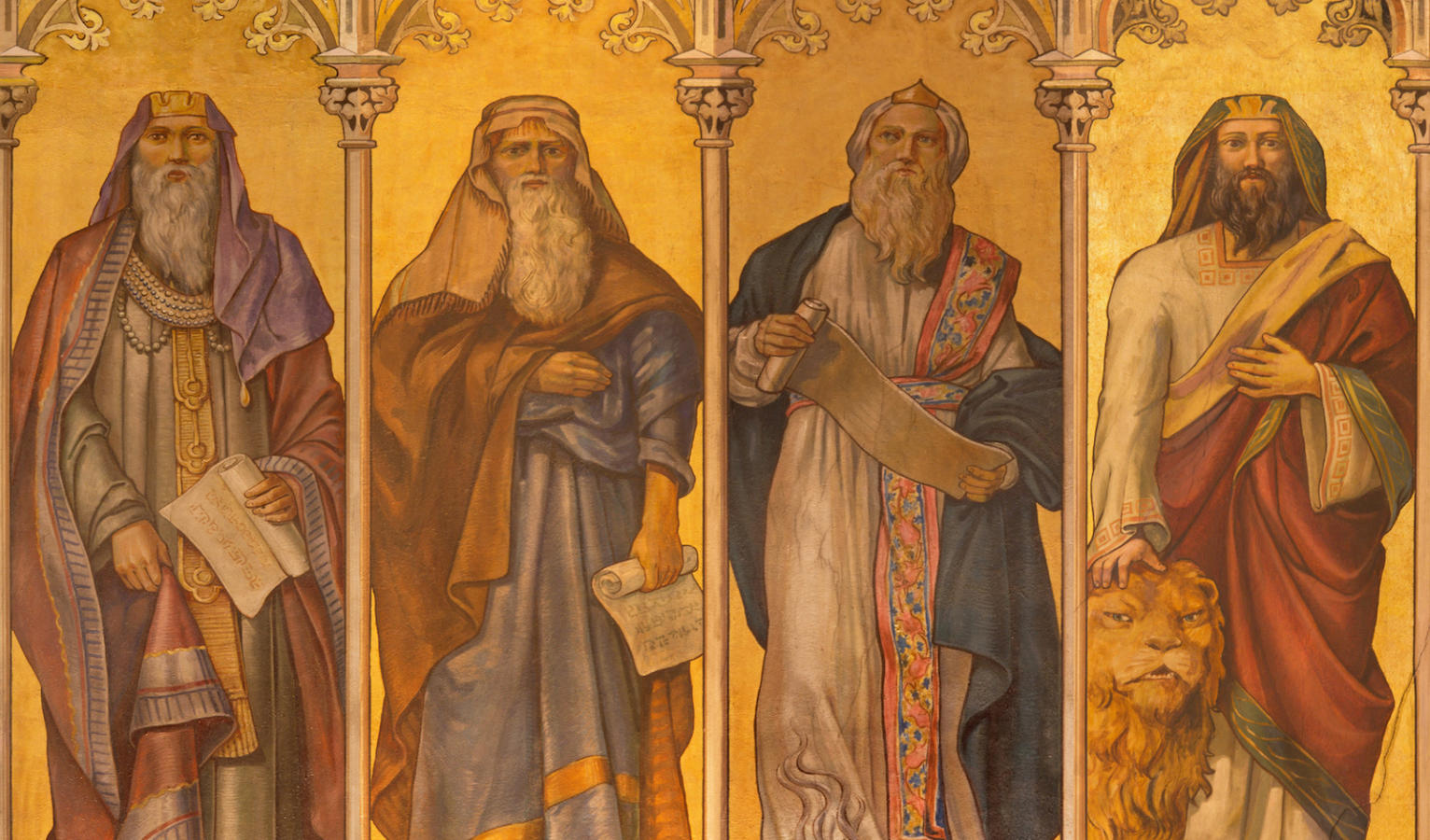Commentary on Parashat Masei, Numbers 33:1 - 36:13
The Ashkenazic custom is to read Jeremiah 2:4-28 and 3:4. The custom is to read Jeremiah 2:4-28 and 4:1-2.
The haftarah for Parashat Masei is the second in the series of three haftarot that are read between the 17th of Tammuz and the ninth of Av, all of which describe Israel’s oppression and destruction (tlata depuranuta). Though it is not thematically connected to the parashah, the haftarah evokes the sense of mourning that characterizes this period in the Jewish calendar.
The haftarah begins exactly where the previous week’s haftarah ended, with the prophet Jeremiah rebuking the people for abandoning God. He laments that the people have failed to remember that God took them from the land of Egypt, guided them through the dangers of the wilderness, and gave them a land full of bountiful fruit. He notes that it wasn’t just the common people who are guilty–the priests, scholars, rulers, and prophets have all sinned.
Jeremiah marvels at Israel’s audacity. If one were to search the corners of the world, he claims, one could not find a nation so rebellious. Indeed, all of nature is shocked by what Israel has done: “Be appalled, O heavens, at this. Be horrified, utterly dazed!” (2:12)

Help us keep Jewish knowledge accessible to millions of people around the world.
Your donation to My Jewish Learning fuels endless journeys of Jewish discovery. With your help, My Jewish Learning can continue to provide nonstop opportunities for learning, connection and growth.
Mixing Metaphors
The people’s sin, Jeremiah explains, is two-fold: They have abandoned God, and they have taken to worshipping useless idolatry. Jeremiah describes this with a water metaphor: God is a fountain of living waters, but the Israelites prefer to dig their own cisterns, broken cisterns that cannot even hold water.
In continuation of the water theme, Jeremiah tells the people that destruction is inevitable, and they ought not to bother looking elsewhere for help: “What is the good of going to Egypt to drink the waters of the Nile? And what is the good of going to Assyria to drink the waters of the Euphrates?” (2:18) None of these nations will be able to help Israel because they are so deeply soiled by sin.
Moving from water to wildlife, God compares Israel to a lustful camel who copulates on every high hill and under every tree, and to a wild donkey in the desert, passionate and unrestrained.
In the final verses of this rebuke, Jeremiah says the entire house of Israel, including its kings, officers, priests, and prophets should feel like a guilty thief who has been caught. Even the gods the people worship are material for comparison: “For your Gods have become, O Judah, as many as your towns!” (2:28)
So as not to end on a negative note, Ashkenazic communities add a verse to the end of the haftarah which calls Israel the companion of God’s youth (3:4). Sephardic communities jump ahead two chapters, and read verses promising that if Israel returns to God, they shall become a blessing among the nations of the world (4:1-2).




